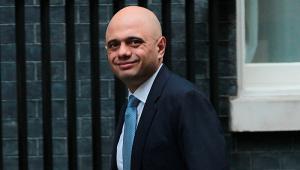The think-tank stated it would not be credible for ministers to claim they back the NHS Five Year Forward View without also providing support for controversial decisions such as hospital closures or downgrades.
According to a King’s Fund analysis of STPs, the plans across England all aim to deliver more services in the community, putting GPs at the heart of networks bringing together primary care, community services and social care. Some of the plans include proposals to reduce the number of hospitals, cut hospital beds and centralise some services on fewer sites, and King’s Fund chief executive Chris Ham, said such difficult decisions would need political support.
Proposals to reduce the number of hospital beds would not be credible unless investment is first made in services in the community, he highlighted.
“Local plans must be considered on their merits, but where a convincing case for change has been made, ministers and local politicians should back NHS leaders in implementing essential and often long-overdue changes to services,” Ham stated.
“A huge effort is needed make up lost ground by engaging with staff, patients and the public to explain the case for change and the benefits that will be delivered.”
In order for such proposals to be successful, the report also concluded that there is a need for upfront investment in community services before any cut in hospital beds. However, the review noted these STPs have been developed in a much more challenging financial environment for the NHS, and there is a risk the focus on financial and operational pressures will divert attention from work to transform care.
As a result, realism was needed about the time needed to implement the changes. The outlines in the STPs need to be developed into full plans, with NHS staff, patients and the public, local authorities and others engaged in the process.












